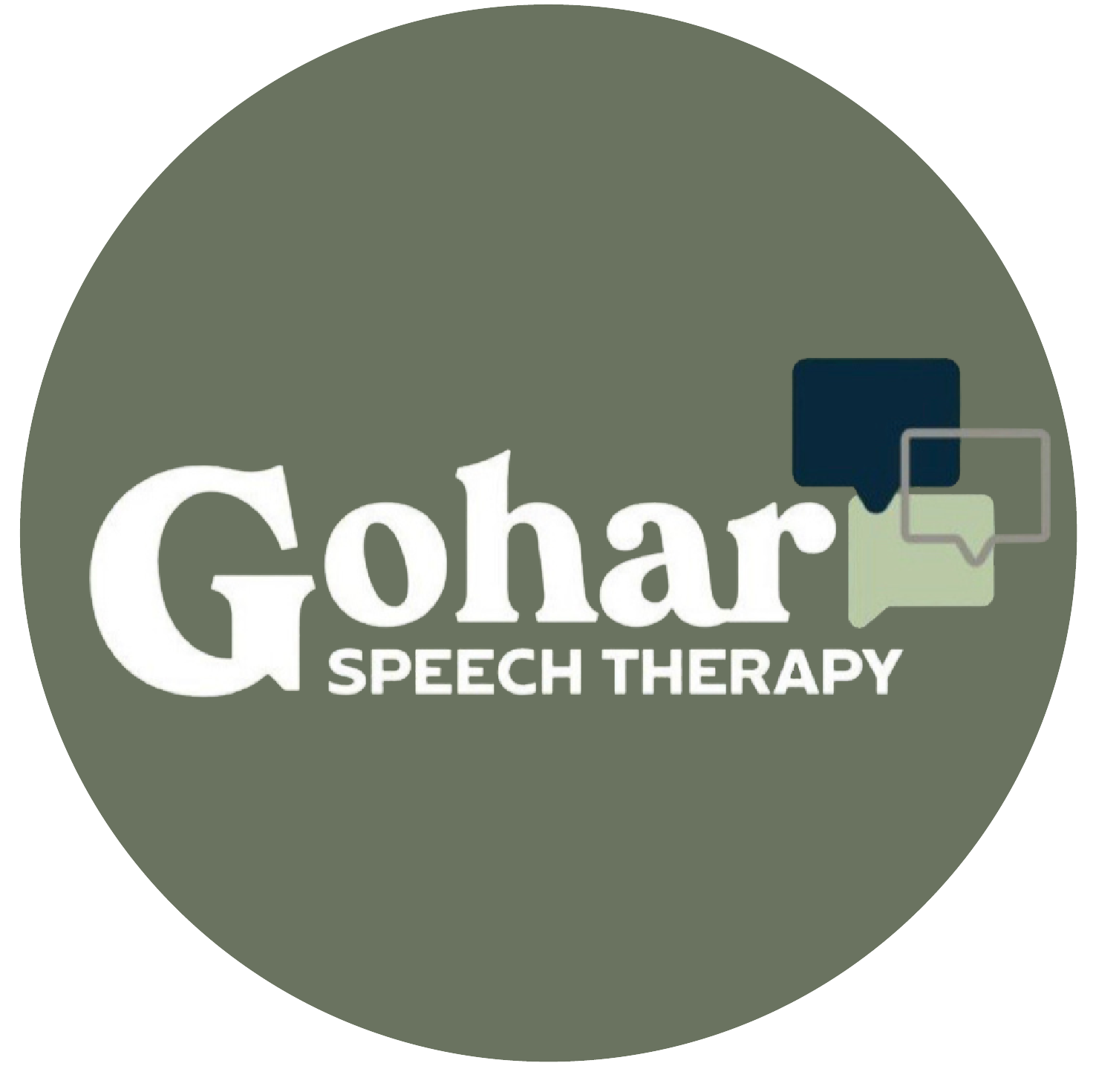What is the difference between Speech and Language?
Speech and language are two terms
These 2 terms are often used interchangeably, but they actually refer to different aspects of communication. Understanding the difference between speech and language is important for anyone who is seeking speech therapy services, as it can help them to better understand what they can expect from therapy and what types of services might be best suited to their needs.
Speech refers to the physical act of producing sounds, including articulation, intonation, and rhythm. This involves the proper use of the muscles in the face, mouth, and tongue to produce clear, understandable speech sounds. People who struggle with speech may have trouble pronouncing certain words, or they may stutter or have difficulty with voice control.
Language, on the other hand, refers to the mental process of communicating, including the ability to understand and use words, grammar, and syntax to express thoughts, ideas, and emotions. People who struggle with language may have difficulty with vocabulary, grammar, or comprehension. They may also have trouble with expressive language, which refers to the ability to put thoughts into words, or receptive language, which refers to the ability to understand spoken language.
Speech therapy services can help people with both speech and language difficulties. Speech therapists, also known as speech-language pathologists, work with individuals of all ages to improve their communication skills. Therapy may involve working on speech sounds and pronunciation, as well as improving language skills such as vocabulary, grammar, and comprehension.
It is important to note that speech and language difficulties can occur independently of one another or together, and the specific needs of each individual will dictate the focus of therapy. For example, a person with a speech sound disorder may have perfectly normal language skills, while a person with a language impairment may have perfectly normal speech.
In conclusion, speech and language are two distinct aspects of communication, and it is important to understand the difference between them when seeking speech therapy services. Whether you are working on improving speech sounds, language skills, or both, a speech-language pathologist can help you achieve your communication goals.

